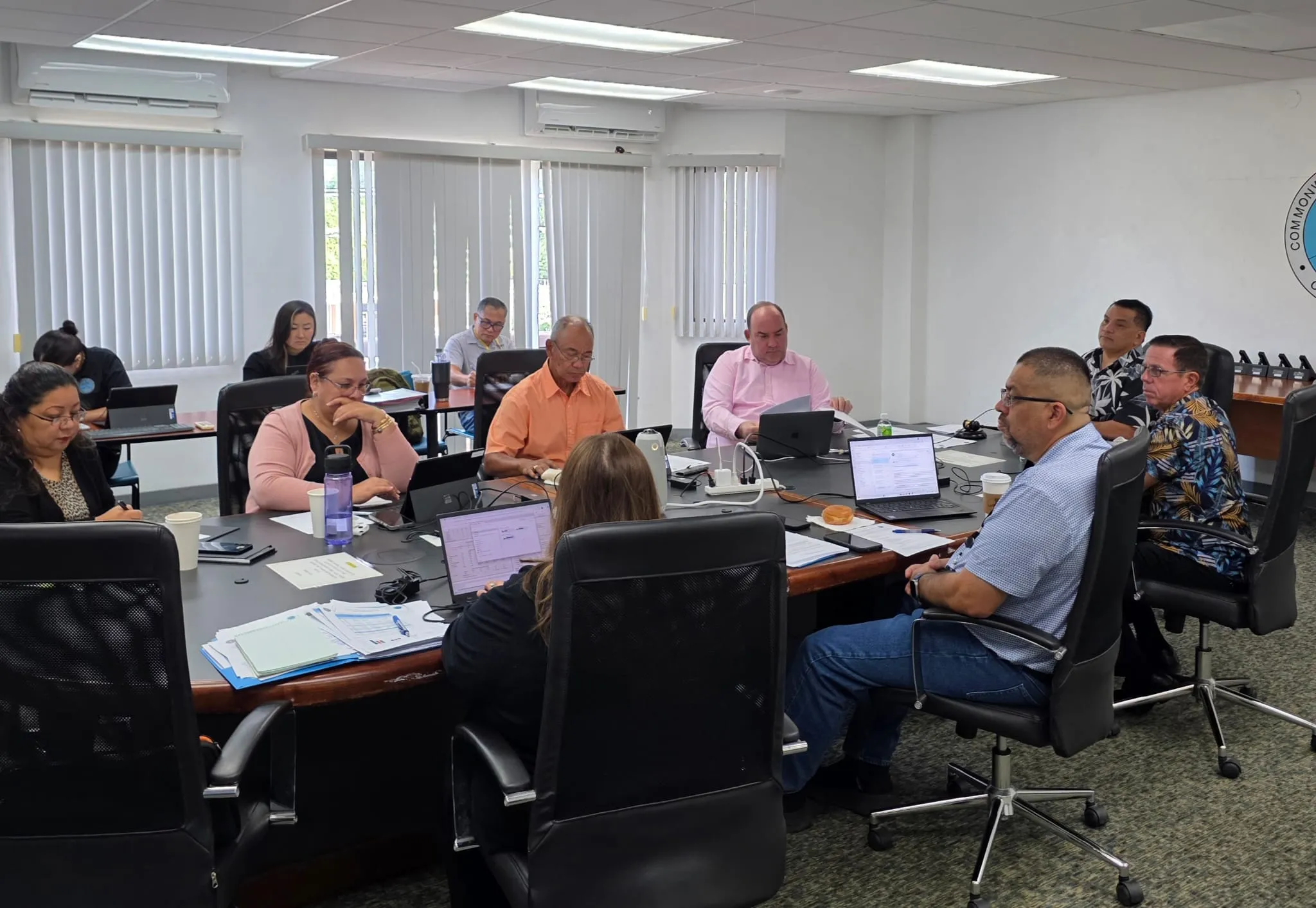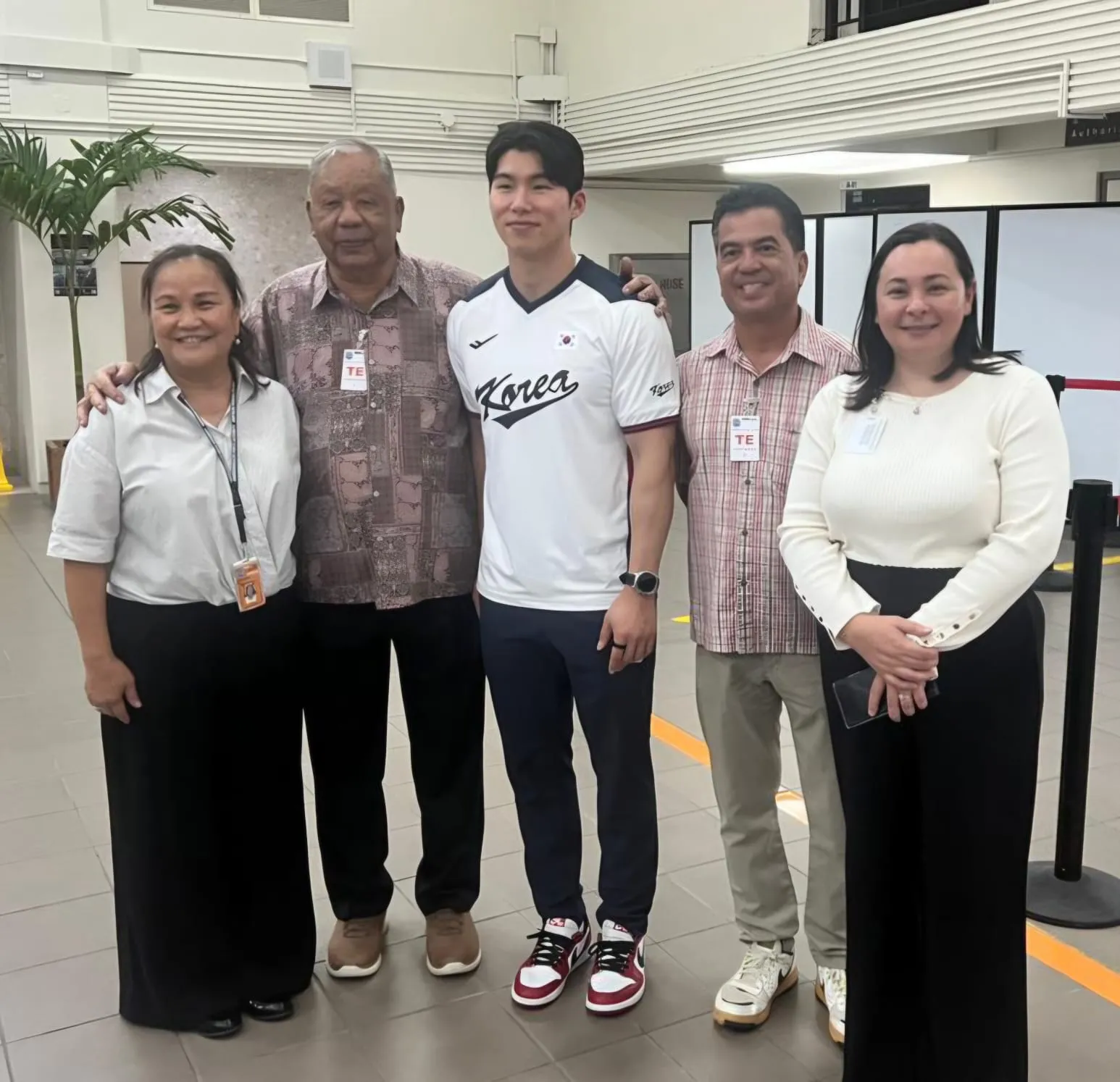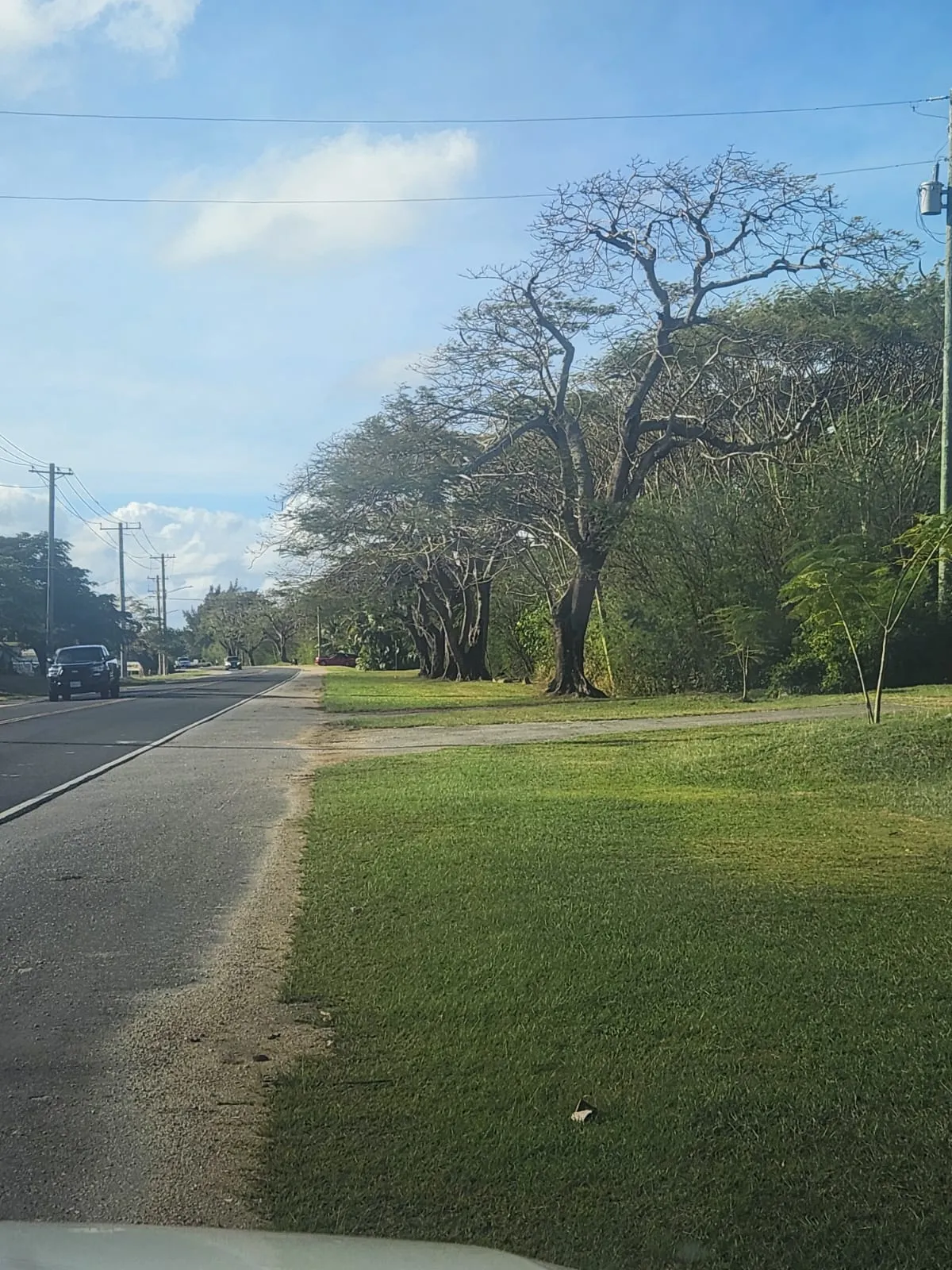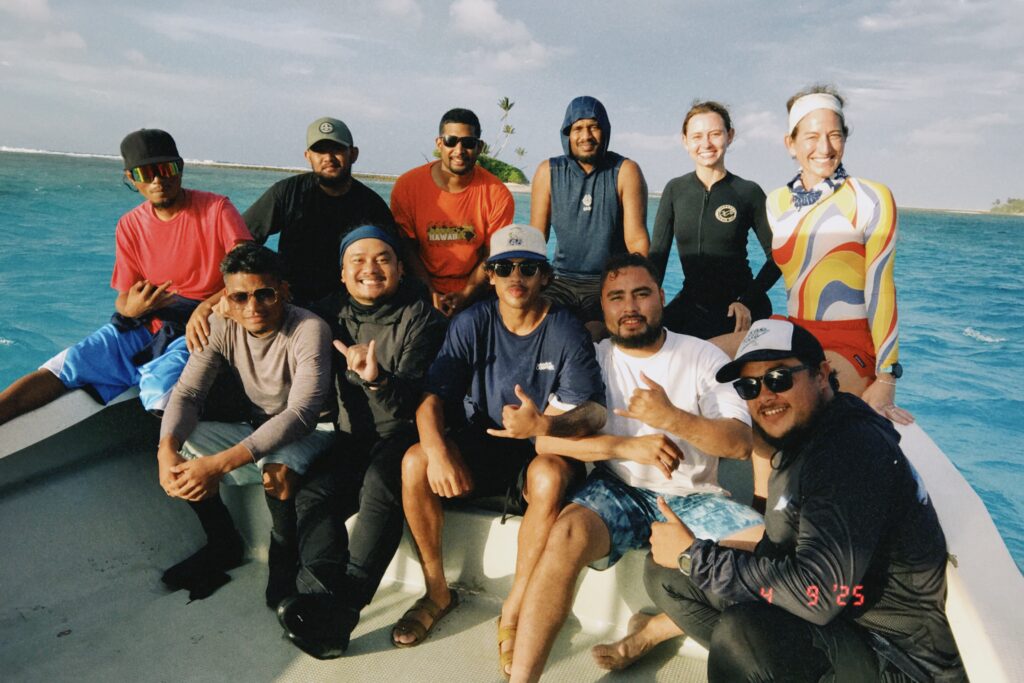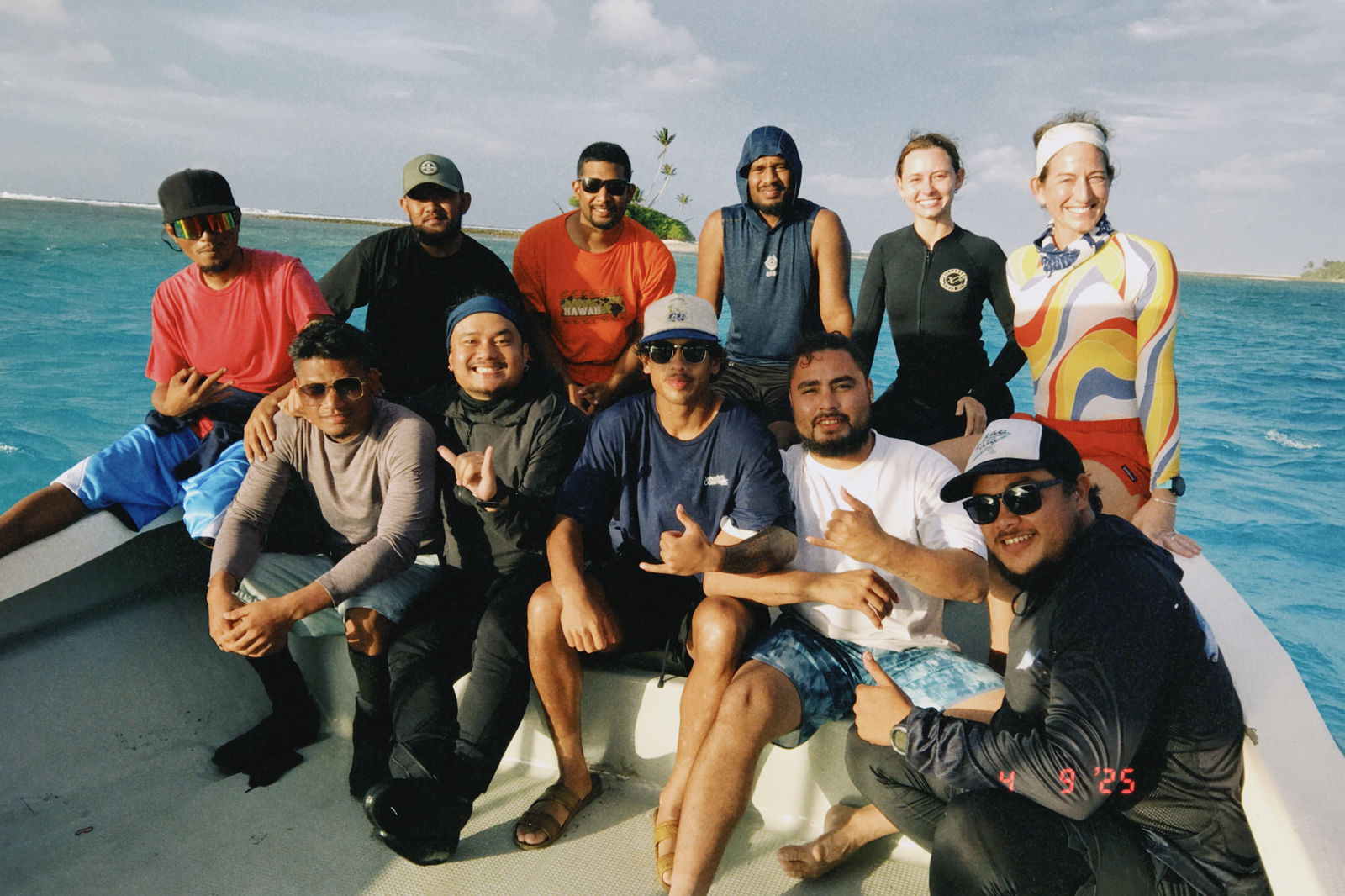
(The Nature Conservancy) — In April, partners in the scaling up identification, protection, and local management of coral reefs resistant to future climate stress project gathered in Majuro, Republic of the Marshall Islands or RMI, to continue ongoing efforts to identify heat resilient corals in Micronesia, to benefit future coral restoration efforts. The project, led by The Nature Conservancy in partnership with Stanford University, started in September 2024 and it brings together partners in the Republic of Palau, the Federated States of Micronesia and RMI.
“As our oceans become warmer, restoration must prioritize corals that can survive rising temperatures,” stated Dr. Yimnang Golbuu, coral resilience director at The Nature Conservancy, Micronesia and Polynesia. “In this project, we are combining scientific research to identify and protect heat resistant corals with community-led action to increase the effectiveness of future coral restoration efforts. Central to the project is the Coral Futures Academy, an initiative to train local coral restoration teams in leading these efforts in their home islands.”
The visit to Majuro was one step in supporting that goal, with two key objectives: preparing the setup of the local facility that will host coral heat stress experiments, and surveying nearby reefs to identify coral donor and nursery sites. The visiting team included representatives from the Palau International Coral Reef Center, Stanford University, and TNC, who worked alongside eight local participants from the Marshall Islands Conservation Society, Marshall Islands Marine Resources Authority, and the Cooperative Research and Extension Program of the College of Micronesia, all members of the Coastal Management Advisory Council.
On the first day, the team met with MICS to finalize plans and visited the Marshall Islands Mariculture Farm facility where the heat stress experiments will take place. Over the next two days, they surveyed five sites within Majuro Atoll, identifying abundant coral species that can be used for the heat stress experiments and mapping of potential donor sites and sites suitable for the establishment of coral nurseries.
The next steps in RMI will focus on building the experimental facility, starting the coral heat stress experiments, building nurseries of heat resistant colonies, and further engaging local groups to lead reef management into the future.


